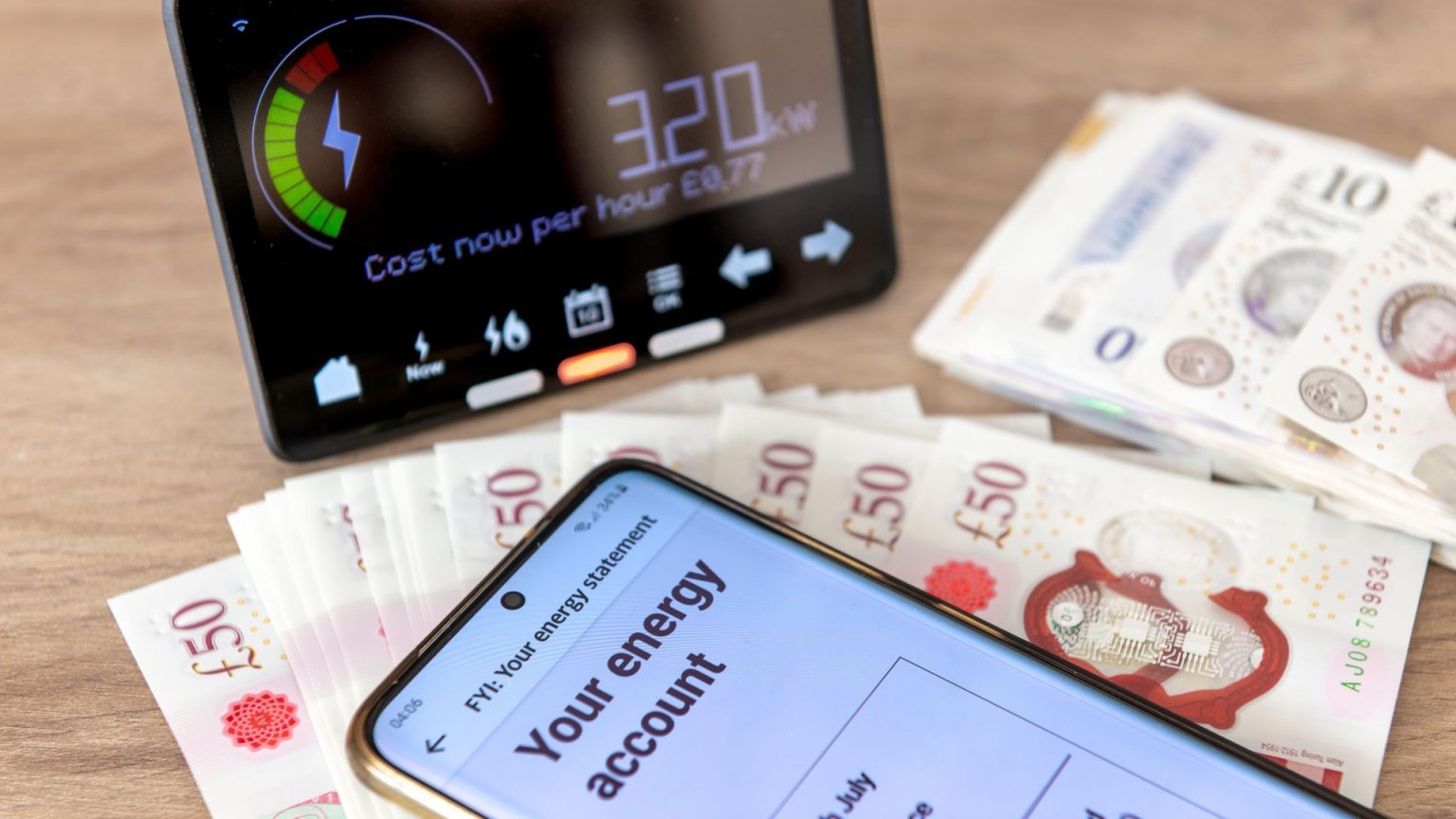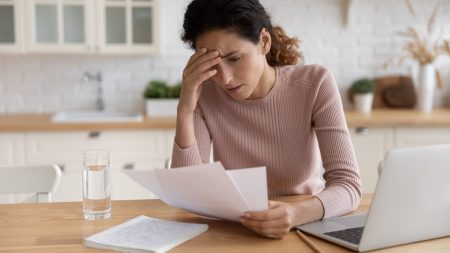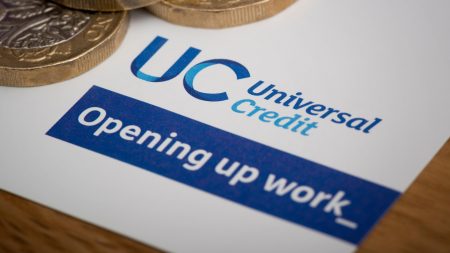Energy Bill Assistance for Struggling Households
The rising energy bills pose a significant concern for many households, especially as winter approaches. The recent Ofgem price cap increase, resulting in an average yearly cost of £1,738 and an average monthly increase of £21, adds further strain to household budgets already grappling with the rising cost of living. However, various forms of assistance are available to alleviate this burden for those struggling to afford their energy costs.
Several energy suppliers offer free bill credits specifically designed to help vulnerable customers. British Gas offers a discretionary payment of up to £250 in free credit to prepayment meter customers facing financial hardship. Octopus Energy provides emergency credit of up to £10 for electricity and £20 for gas to prepayment meter customers, which is subsequently deducted from the next top-up. Scottish Power offers £30 in emergency credit during winter months for prepayment meter customers, which needs to be repaid. OVO provides £15 emergency credit for Pay As You Go meter customers who run out of credit, and they also offer free energy-saving products like electric throws and home efficiency kits, which struggling households can apply for online. Utilita offers up to £60 in gas credit and £40 in electricity credit to eligible customers with low credit and debt balances. EDF provides £10 of emergency credit for both electricity and gas prepayment meters when the balance drops to a low level, and also offers debt matching and free energy-saving gadgets. Other suppliers, like British Gas, E.ON Next, Utility Warehouse, and Octopus, also offer similar assistance schemes.
Beyond supplier-specific credits, additional support is available through various government schemes and initiatives. The Household Support Fund (HSF), funded by the Department for Work and Pensions, provides financial assistance to struggling households in the form of direct cash transfers, shopping vouchers, or other forms of support, depending on the local council’s implementation. The Warm Home Discount Scheme offers a one-off £150 discount on electricity bills for eligible households claiming specific means-tested benefits. While applications opened in October, the discount might not be applied until March. Eligibility is typically determined during a qualifying week in August, but successful backdated benefit claims can also qualify individuals. Successful applicants are notified by letter between October and January.
Tips for Reducing Energy Bills
Beyond financial assistance programs, several practical steps can help reduce energy consumption and lower bills. Lowering the thermostat by just one degree can lead to substantial savings without a noticeable difference in comfort, potentially cutting heating bills by up to £171.70. Consistently turning off lights and appliances when not in use can save up to £20 annually. Installing a smart meter provides valuable insights into energy usage patterns, enabling informed decisions about consumption, and switching energy suppliers is crucial to securing the best available deals, especially after fixed-rate contracts expire.
Eligibility and Application Processes
The eligibility criteria and application procedures for these assistance programs vary. For supplier-specific credits, customers are usually automatically identified based on their payment history and account status. However, some programs, like OVO’s free energy-saving products, require online applications with detailed information about income, meter readings, and account details. For the Household Support Fund, local council websites provide specific information about eligibility and application processes. The Warm Home Discount Scheme automatically enrolls eligible households receiving qualifying benefits, though applications may need to be submitted through the electricity supplier.
Key Considerations and Further Information
It’s essential to be aware that each program has specific eligibility requirements, and not all households will qualify for all forms of assistance. It’s crucial to research the available options and determine which programs are best suited to individual circumstances. For more detailed information on specific schemes and eligibility criteria, consulting the respective energy suppliers’ websites and local council websites is recommended. Additionally, resources like the government’s website and consumer advice organizations can provide helpful guidance and support.
Proactive Steps and Informed Choices
Taking proactive steps to manage energy consumption and seeking available financial assistance can significantly mitigate the impact of rising energy bills. By understanding the various programs and implementing energy-saving practices, households can navigate the challenges of increasing energy costs and ensure affordable and sustainable energy usage. Staying informed about available resources and making informed choices empowers individuals to take control of their energy expenses and create a more financially secure future.











